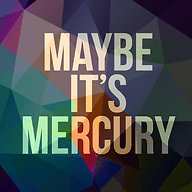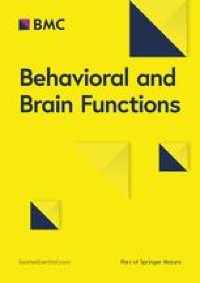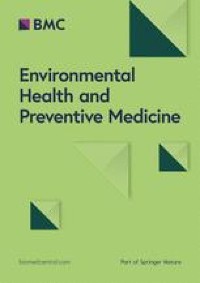Sitaruîm
Member
- Joined
- Jun 14, 2020
- Messages
- 480
Bilateral measurements of CBF and Vmca were made before and after ingestion of 250 mg caffeine or matched placebo. The percentage change in CBF and Vmca after caffeine was calculated. Full results (CBF and Vmca) were obtained from 14 patients and 9 controls. There was no significant difference between patients and controls, so results were combined. Caffeine reduced CBF by 22% (95% confidence interval (CI) = 17% to 28%) and reduced Vmca by 13% (95% CI = 10% to 17%). The fall in Vmca was significantly less than that in CBF (p = 0.0016), showing that caffeine reduces mca diameter.
What’s going on here? Is it saying both the caffeine groups and the placebo groups had their CBF reduced by 22%?
The study studied people who were recovering from an acute stroke (patients) and healthy controls who never had such an event. What they are saying is that patients and controls reacted the same way to caffeine, meaning that this (the reduction of CBF) is a generalized effect from caffeine that is independent of whether you're recovering from a stroke.




